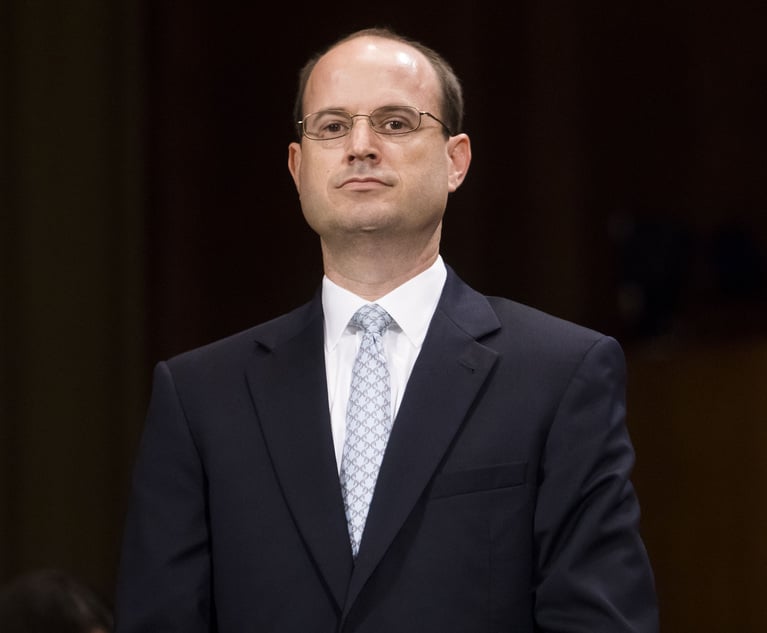“A lot of money can be made if you’re willing to trip over a few penal statutes along the way.” That is how one court described a plaintiff’s actions in the context of the wrongful conduct rule. As applied in Florida, the rule—which is a corollary to the in pari delicto doctrine—provides that “a party cannot maintain an action based on [its] own illegal conduct.”
The wrongful conduct rule is founded on the public policy that courts should not lend their aid to parties that base their claims on illegal acts. To do otherwise would condone and encourage the conduct, allow wrongdoers to profit off of their illegal acts, create a mockery of justice, and allow wrongdoers to shift responsibility for their illegal acts to other parties. Thus, the courthouse doors are locked to a plaintiff whose claims are based on conduct that violates a criminal statute.


 Left to right: Jason Domark, Charles C. Kline and Reid Kline, partners in the commercial litigation department at Cozen O’Connor in Miami.
Left to right: Jason Domark, Charles C. Kline and Reid Kline, partners in the commercial litigation department at Cozen O’Connor in Miami.




